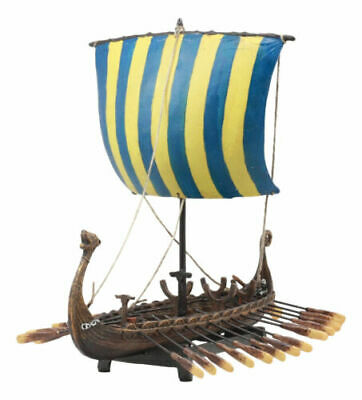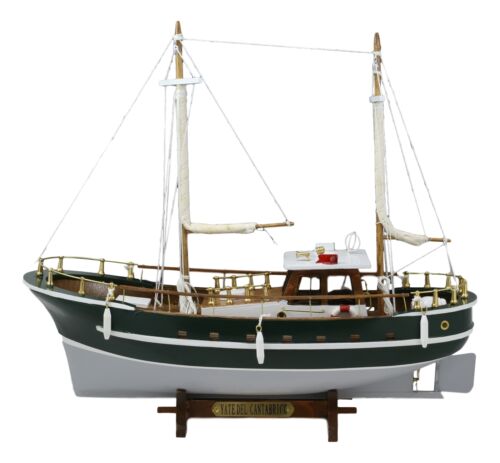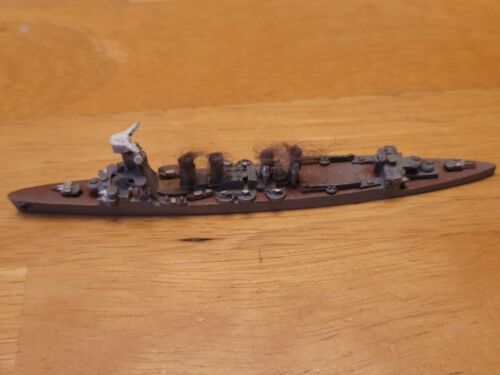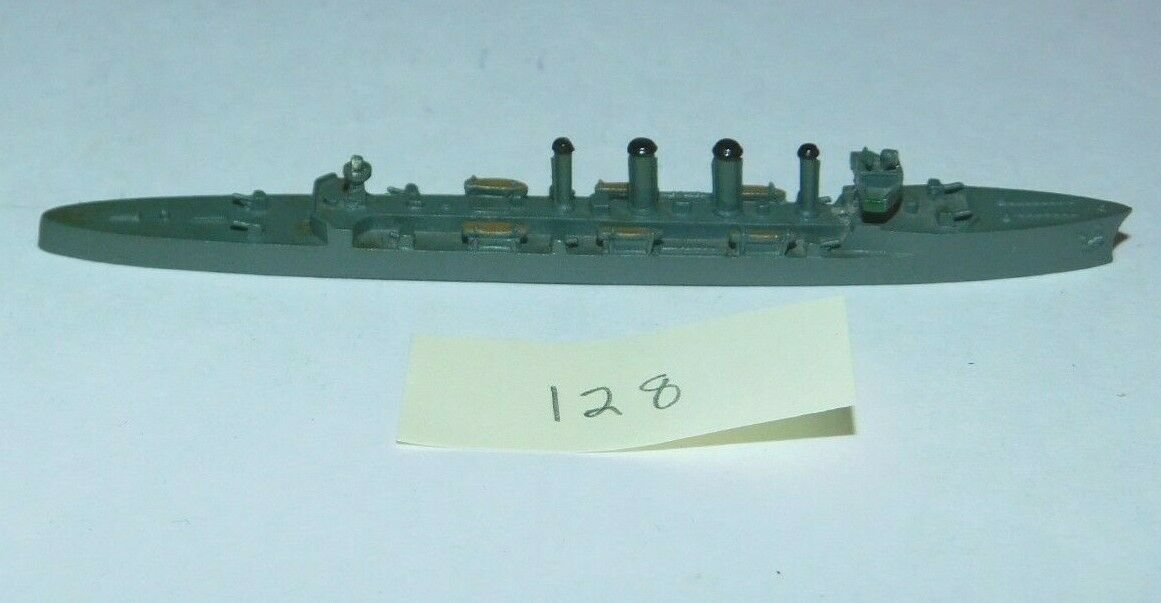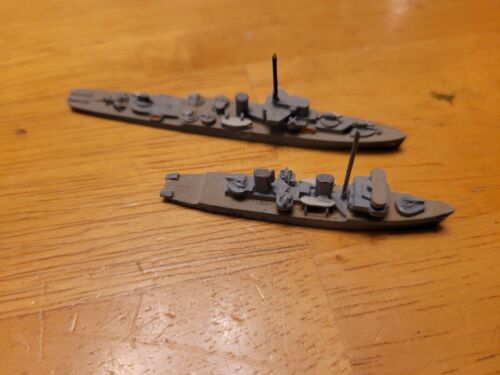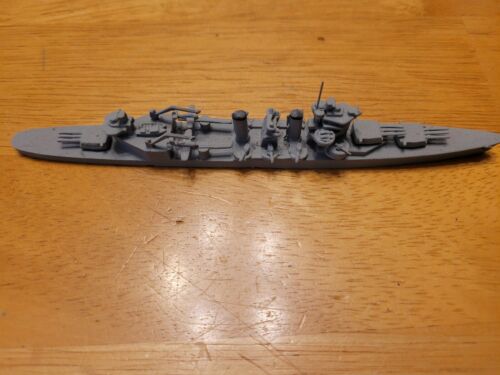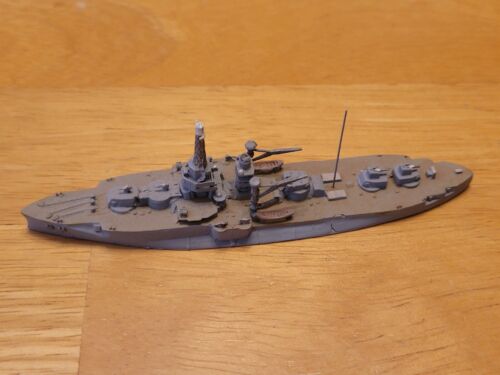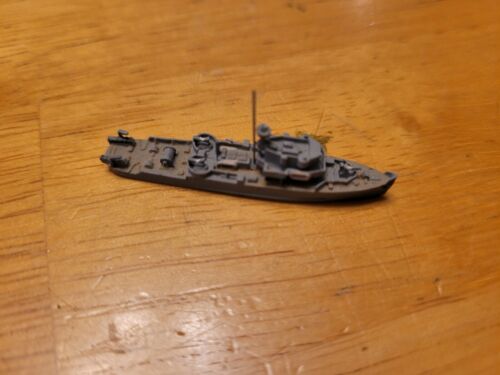-40%
WWII HMS Furious (47) 1:1250 WWII Neptun NRFB original box NMt
$ 60.69
- Description
- Size Guide
Description
World War II: HMS Furious Neptun WWII Navy Ship 1/1250 NRFB NMtEBAY STORE
We recently
bought 1: 1250 scale 200x + ships Most are Neptune
Discount
Make offer (
accept or send a counter
)
on PRICE
Shipping Group Discount
use Make offer let me know you want a group I will re invoice
Special Refund policy on ship
(below ) ust be followed to get refunded
THIS item is Near Mint -Excellent condition ,The boxes help unreal but please note the antennas are extremely delicate and very easy to bend , we are making sure they stay in excellent condition,, there so incredibly delicate , we would like to ask to be somewhat understanding and know we are making sure they stay in the condition pictured . I understand on broke or damaged however we are having some issues due to dishonest customers . So if the ship is damaged you must send back.We will need pictures of damage as well as the box we will use depression with all partial refunds on bent antenas ,
Seller police's
are below under
Ship history
Ship History
HMS
Furious
(47)
HMS Furious was a modified Courageous-class battlecruiser built for the Royal Navy (RN) during the First World War. Designed to support the Baltic Project championed by the First Sea Lord, Lord Fisher, the ship was very lightly armoured and designed with a main battery of only two 18-inch (457 mm) guns. Furious was modified as an aircraft carrier while under construction. Her forward turret was removed and a flight deck was added in its place, such that aircraft had to manoeuvre around the superstructure to land. Later in the war, the ship had her rear turret removed and a second flight deck installed aft of the superstructure, but this was less than satisfactory due to air turbulence. Furious was briefly laid up after the war before she was reconstructed with a full-length flight deck in the early 1920s.
After her conversion, Furious was used extensively for trials of naval aircraft and later as a training carrier once the new armoured carriers like Ark Royal entered service in the late 1930s. During the early months of the Second World War, the carrier spent her time hunting for German raiders in the North Atlantic and escorting convoys. This changed dramatically during the Norwegian Campaign in early 1940 when her aircraft provided air support to British troops ashore in addition to attacking German shipping. The first of what would be numerous aircraft ferry missions was made by the carrier during the campaign. After the withdrawal of British troops in May, Furious made several anti-shipping strikes in Norway with little result before beginning a steady routine of ferrying aircraft for the Royal Air Force.
At first, Furious made several trips to West Africa, but she began to ferry aircraft to Gibraltar in 1941. An unsuccessful attack on German-occupied ports on the Arctic Ocean interrupted the ferry missions in mid-1941. Furious was given a lengthy refit in the United States and spent a few months training after her return in April 1942. She made several more ferry trips in mid-1942 before her aircraft attacked airfields in Vichy French Algeria as part of the opening stages of Operation Torch in November 1942. The ship remained in the Mediterranean until February 1943 when she was transferred to the Home Fleet.
Furious spent most of 1943 training, but made a number of attacks on the German battleship Tirpitz and other targets in Norway during the first half of 1944. By September 1944, the ship was showing her age and she was placed in reserve. Furious was decommissioned in April 1945, but was not sold for scrap until 1948.


